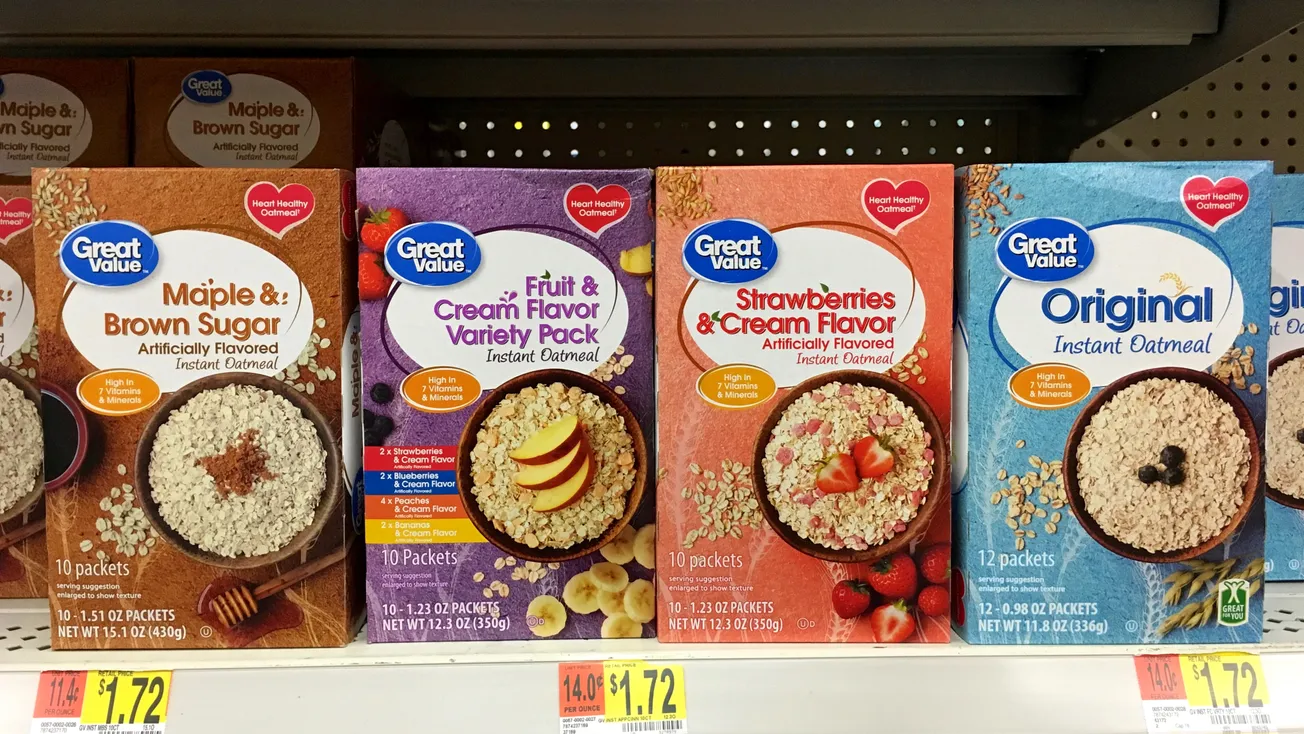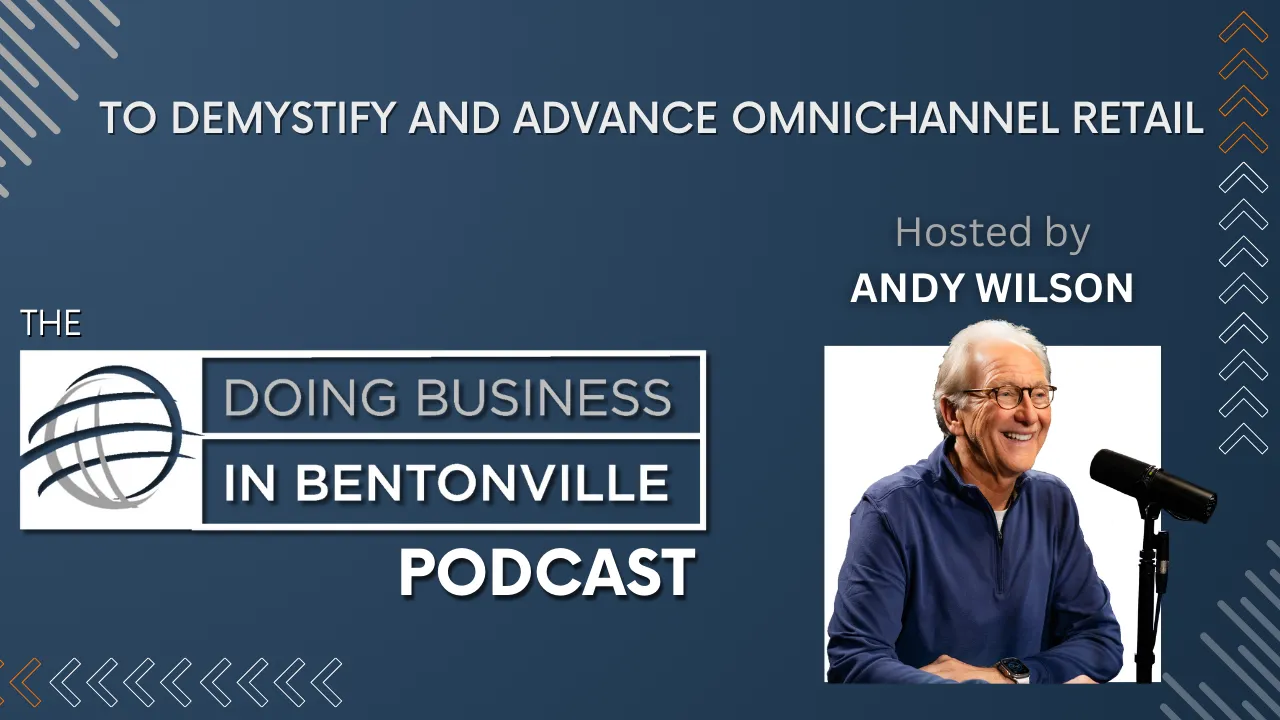California is pushing forward with legislation to ban all plastic bags from grocery stores and other businesses selling food by 2026.
This follows the 2014 legislation that banned single-use plastic bags but allowed thicker, reusable plastic bags, which have proven difficult to recycle and are rarely reused. seek to close this loophole.
If passed, Senate Bill 1053 and Assembly Bill 2236 will mandate that reusable bags sold in stores must not be made from plastic film and that paper bags must contain at least 50% post-consumer recycled materials by 2028. This move aims to reduce the 231,072 tons of grocery and merchandise bag waste reported by CalRecycle in 2021.
Beyond California, other states and regions are also making strides in reducing plastic bag use. For example, New Jersey, Philadelphia, and Vermont have implemented bans that have significantly reduced the number of single-use plastic bags. New Jersey's ban, which went into effect in 2022, has encouraged shoppers to bring their own bags, with initial reports indicating a substantial decrease in plastic bag usage.
In Washington state, the plastic bag ban requires businesses to charge for paper and reusable bags, ensuring that these alternatives are used effectively. The state also mandates that paper bags contain a minimum of 40% post-consumer recycled content, promoting a circular economy approach. The Washington State Department of Ecology has developed extensive outreach and enforcement mechanisms to ensure compliance and support businesses during the transition.
On the international stage, countries like Ireland and Italy have implemented taxes and bans on plastic bags, resulting in dramatic reductions in their use. Ireland's plastic bag tax, introduced in 2002, reduced plastic bag usage by over 90%. Italy's ban on non-biodegradable plastic bags in 2011 pushed retailers to offer more sustainable alternatives.
Legislative efforts are bolstered by significant initiatives from major retailers. The Consortium to Reinvent the Retail Bag, spearheaded by Closed Loop Partners, includes prominent retailers like CVS Health, Target, and Walmart. This consortium is testing various alternatives to single-use plastic bags through innovative pilot programs.
One of the key initiatives is the Beyond the Bag Initiative, which encourages retailers to explore new, sustainable designs for retail bags. Solutions being tested include reusable bag models and technologies that enhance the lifecycle and visibility of retail bags. For example, the ChicoBag model allows customers to borrow bags on-site, addressing the common issue of forgetting reusable bags.
In Northern California, CVS, Target, and Walmart are piloting these solutions in select stores. These pilots will help refine the designs based on technical feasibility and customer preferences, running over a six-week period. The consortium's efforts are part of a broader strategy to make reusable bags the norm and reduce single-use plastic waste.
Stay up to date on the latest Omnichannel news by Subscribing to Our Newsletter








